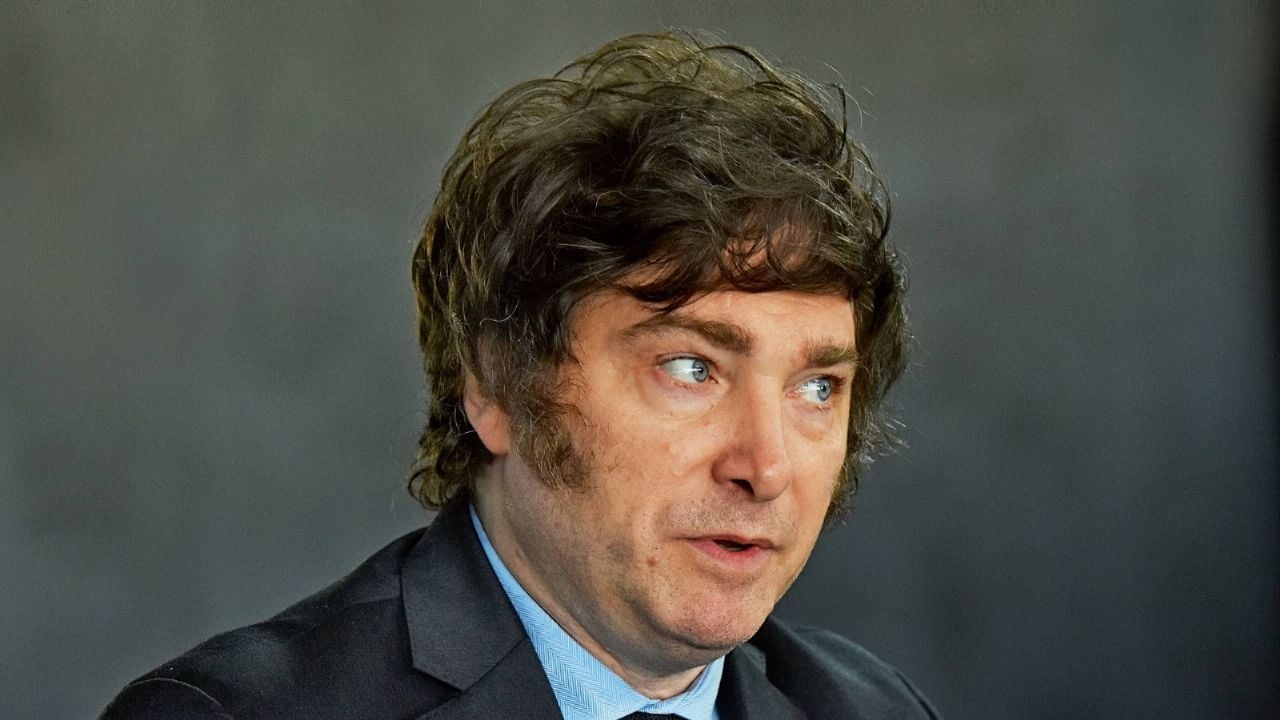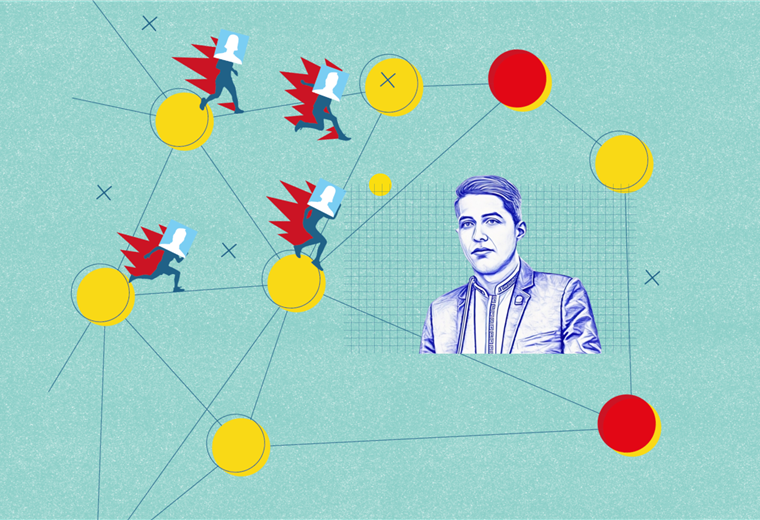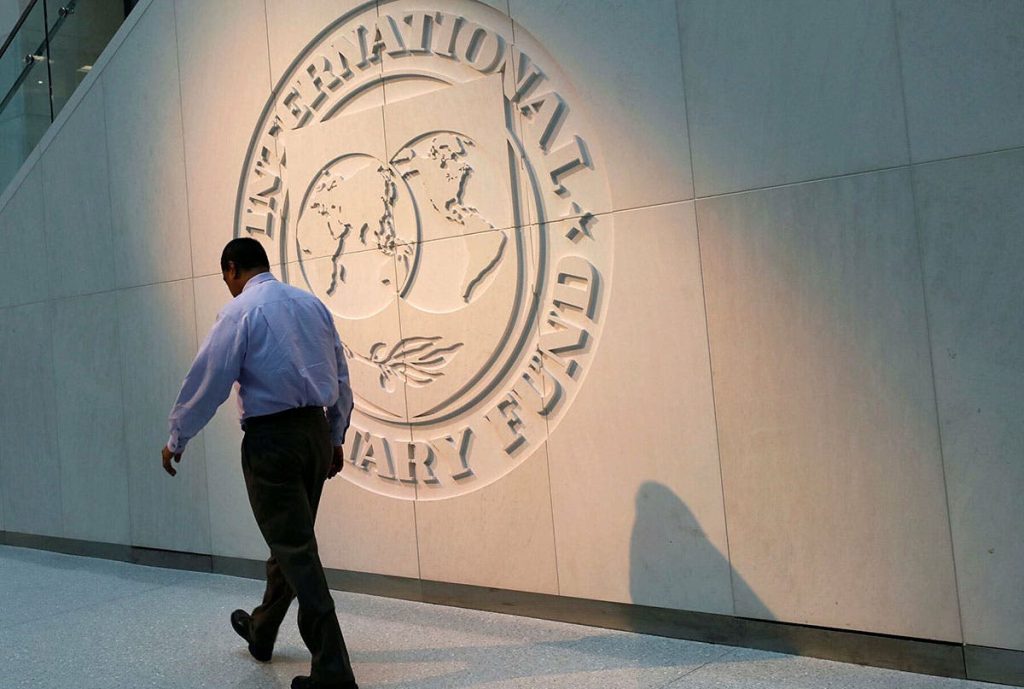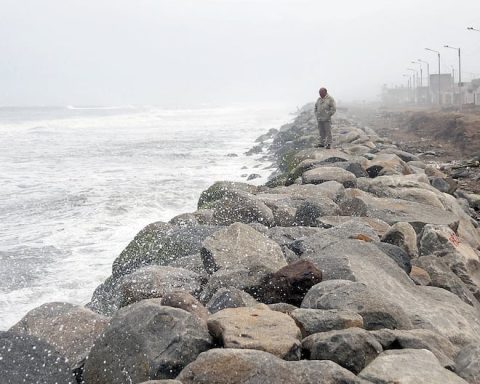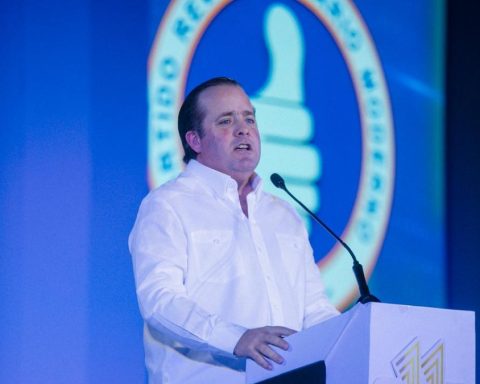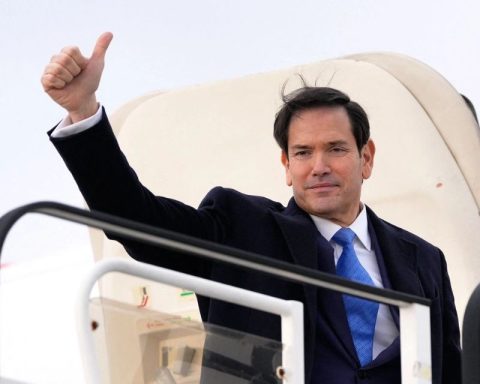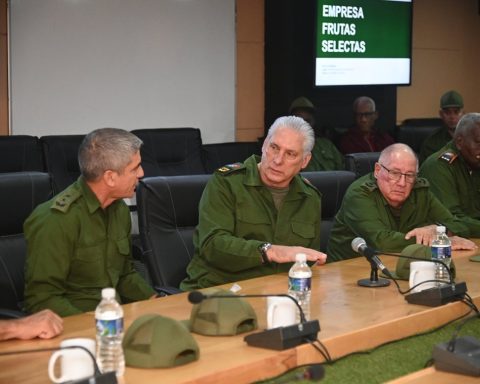The Argentine political scene is in a moment of high tension and complexity, with the Government closely observing the internal conflict between Cristina Kirchner and Axel Kicillof, and seeking to take advantage of the recent breakup of the radical bloc.
The relationship between the former president and the Buenos Aires governor has shown signs of fracture, while the division in the Radical Civic Union (UCR) presents a strategic opportunity for the Governmentwho is preparing for the next elections.
The relationship between Cristina Kirchner and Axel Kicillof has historically been close, with Kicillof being one of the former president’s main allies during her term. However, in recent months, tension between the two has been increasing. The dispute has focused on the leadership of the Justicialista Party (PJ) and Kicillof’s position regarding the candidacy of Ricardo Quintela, governor of La Rioja, for the presidency of the party.
Cristina has been clear in her position, criticizing Kicillof for his lack of definition and accusing him of treason in a plenary session with leaders of the Union of Mechanics and Related Automotive Transport Workers (SMATA). “The traitors in Peronism are no longer going,” said the former president, in a direct reference to Kicillof.

For his part, the governor has maintained a position of neutrality, appealing to unity and avoiding taking sides within the PJ. The break between Cristina and Kicillof has a significant impact in the province of Buenos Aires, where both have a strong influence.
Local mayors and legislators find themselves in a difficult position, forced to choose between two powerful figures of Peronism. The implementation of the Single Paper Ballot (BUP) in the 2025 national elections also adds a layer of complexity, since it nullifies the “carryover effect” of the national lists, allowing mayors to play more independently.

Internal
In parallel to the internal Peronist movement, the Radical Civic Union (UCR) has experienced a significant rupture. Twelve deputies, led by Facundo Manes and Martín Lousteau, have separated from the official UCR bloc, forming a new group called “Democracy Forever.” This division has weakened the original bloc, which now has 21 members.
He Governmentled by Javier Milei, sees this breakup as an opportunity to strengthen its position in Congress. The fragmentation of the radical bloc could facilitate the approval of vetoes and other legislative measures, since dissident deputies could align with the ruling party on certain issues. “The fracture revealed which side each one was on: it takes nothing away from us and may even free some radical who wants to support us and from now on they can do so without so much guilt,” commented a member of the Cabinet.
follow us on Google News and on our channel instagramto continue enjoying the latest news and our best content.
